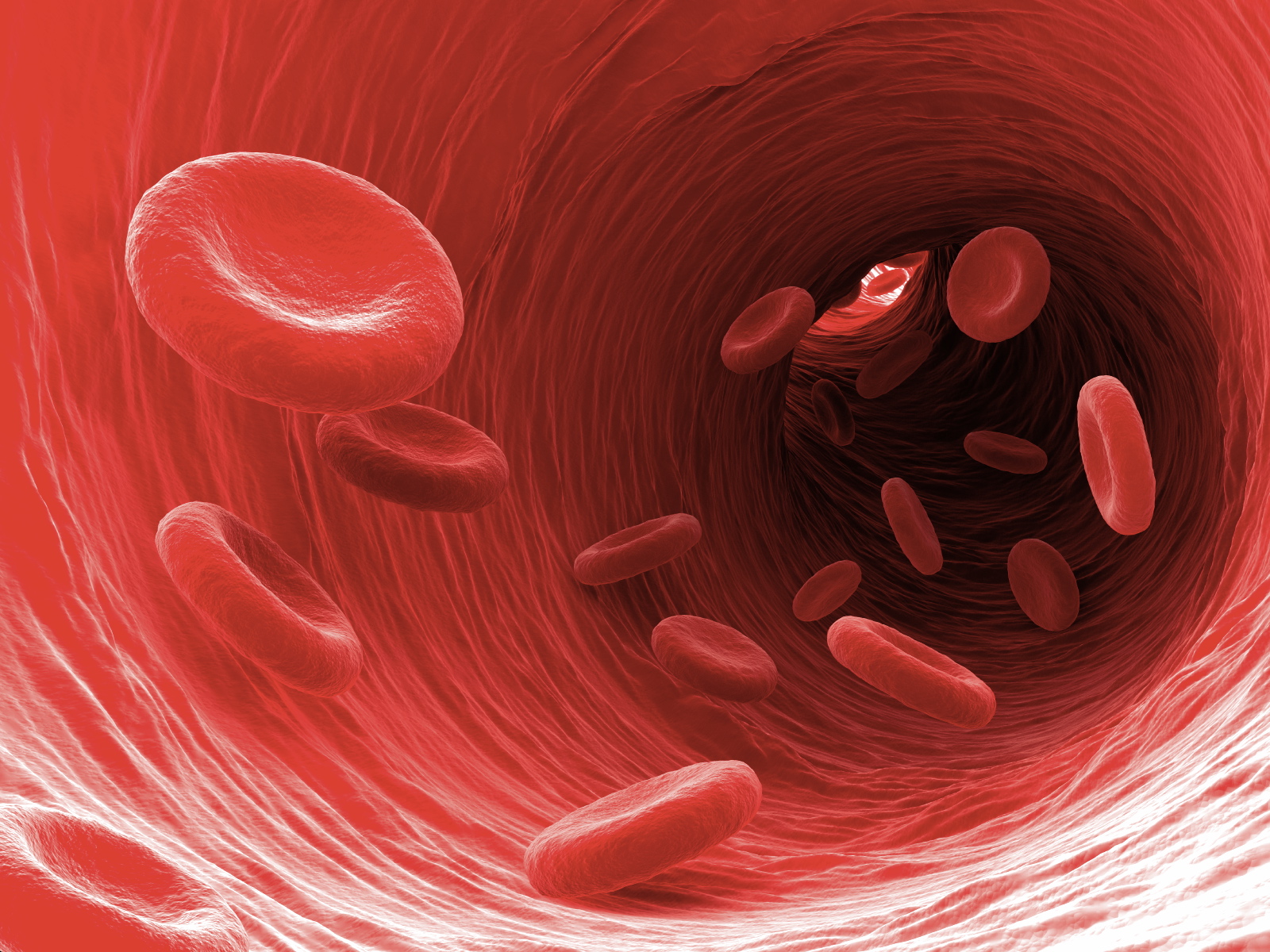
A blood test for the over-50s being trialled by the NHS could prevent as many as one in ten cancer deaths in the UK. The Health Service is conducting a world-first trial of the test, which aims to detect more than 50 types of cancer before symptoms show. Although there are no results yet, researchers are optimistic that it has ‘enormous’ potential. Based on modelling, they believe the ‘Holy Grail’ test could prevent about 10 per cent of cancer deaths, of which there are around 167,000 in the UK every year, nearly 460 a day.
The breakthrough could save around 16,000 lives annually. Hundreds taking part in the trial of 140,000 volunteers are already being referred for a scan or colonoscopy as a result of the test’s findings. It is expected around half of those referred could have cancer.
If the trial proves successful, the test will be rolled out to a million more people as early as 2024, then possibly nationwide.
If the test were made available across the UK and offered to around 18million adults aged 50 to 79, roughly 130,000 more people without symptoms would receive cancer screening referrals each year, assuming one in a hundred test positive as investigators expect.
British researchers believe the cancer test – by US company Grail – could be a ‘turning point’ in how the NHS tackles the disease.
Currently there are almost three million urgent cancer referrals annually, based on figures for the year to February, so the test would increase referrals by around 5 per cent. The researchers point out that many of these referrals would happen anyway, but at a later date.
The NHS is grappling with a post-Covid backlog of cancer referrals, and leaked data this month showed more than 10,000 people are waiting for treatment three months after having been referred for suspected cancer. But it is hoped this situation will have changed by the time the test is potentially rolled out.
Professor Peter Sasieni, one of three lead investigators of the trial from King’s College London, said: ‘The potential of this blood test to dramatically cut the number of people who die from cancer is enormous. Of course, if the test is rolled out by the NHS, we will see some increase in short-term workload from the slightly higher number of referrals for cancer.
‘But in the long run, there should also be many savings for the NHS, such as a reduction in the need for chemotherapy and expensive drugs for advanced cancers.’
The blood test, called the Galleri test, picks up fragments of DNA linked to cancer which are shed into the blood, and can suggest which part of the body it has come from. It revolutionises the way cancer is detected, as most patients are currently diagnosed only after developing symptoms.
